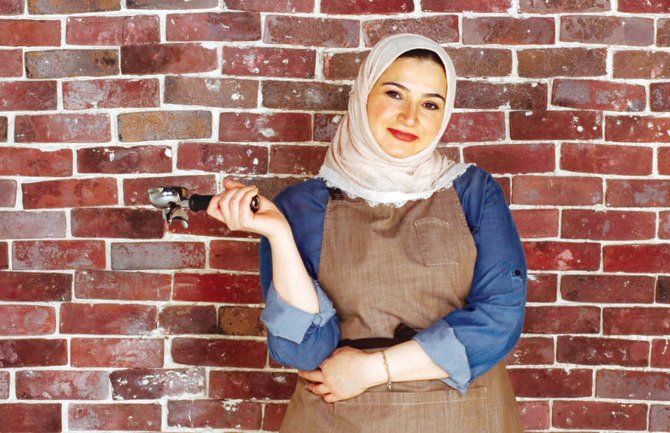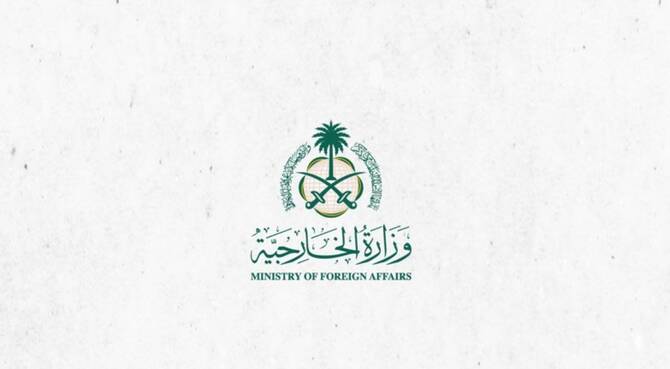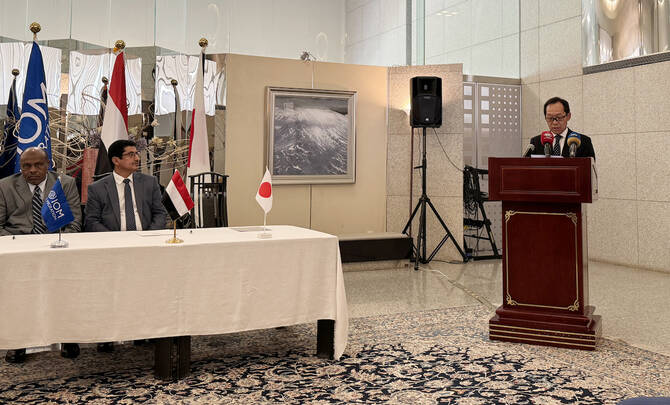Saleh Fareed
JEDDAH: Tea or Arabic coffee? For growing numbers of Saudis, the choice is more likely to be a latte, cappuccino, frappe or macchiato served in one of the many cafes that have popped up around the Kingdom in recent years.
In every region of Saudi Arabia today, coffee is replacing traditional beverages as a central part of the modern lifestyle.
Grabbing an early morning and lunchtime coffee has become a part of office workers’ daily routine, while others visit a cafe to enjoy their favorite cup while sitting and chatting.
The global market is feeling the effects of this change in taste as well. According to Wail Olia, trainer and member of the Specialty Coffee Association, Saudi Arabia is among countries where consumers are developing a taste not only for robusta, the beans mainly used in instant coffee, but also the high-quality arabica bean.
Olia told Arab News that Saudi Arabia’s love of coffee goes back to the days of the Ottoman empire when coffee houses in Makkah were used as religious meeting places.
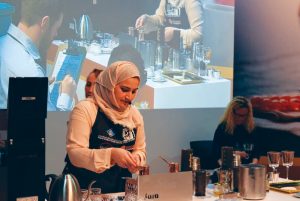
“Later, religious leaders thought that coffee was an intoxicating beverage, so the governor of Makkah ordered all cafes to close,” he said.
“Cafes are the fast-growing segment of the hospitality industry worldwide. Five years ago, in my city neighborhood in Jeddah, I could count the number of cafes on one hand. Now there are so many.”
Olia has studied and trained in Milan and Florence, and is now a certified instructor for the SCA, which allows him to teach young Saudis and share his insights into coffee — something he enjoys immensely.
As more Saudi women enter the private sector, some are deciding to work as baristas and waitresses in coffee shops.
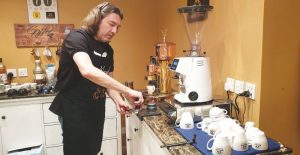
Saudi barista Sara Al-Ali, a runner-up in the 2016 MENA Cezve/Ibrik coffee-making competition and a World Cezve/Ibrik championship finalist the same year, now owns and runs That coffee shop in her hometown Riyadh and is an authorized SCA trainer.
Coffee culture in the Kingdom is changing rapidly, she told Arab News. “Specialty coffee started only recently, but it is catching up surprisingly quickly. More coffee shops are opening. It’s at a high this year and is predicted to grow even more next year,” she said.
“As for me, specialty coffee is a product that follows quality standards at every stage of production.”
Al-Ali said that in Arab societies, coffee is part of an ancient cultural heritage.
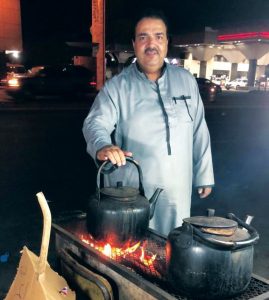
“The big demand for coffee among all segments of our society is a healthy phenomenon and a reflection of what the Kingdom is witnessing in terms of development, prosperity and openness to different cultures,” she said.
Many Saudis are looking for innovative coffee flavors and new tastes to complement traditional styles. Al-Ali studied coffee-making in Canada after falling in love with the drink, then went to France to study further.
“It began as a habit, but after I returned to Saudi Arabia I decided to focus on coffee. The moment I made my first espresso, I realized that was what I wanted to do with my life.”
Al-Ali said that she is happy to see many cafes become places for family gatherings, business deals, or to study and even surf the internet.
Meanwhile, the growing taste for coffee in the Kingdom is also highlighting a divide between the generations when it comes to their favorite brew.
According to tea-maker Saleh Al-Husaiki, 53, older people still view Saudi Arabia as a tea-drinking nation.
I can see that the new-style coffee shops have opened side by side across the town, and more young people go to specialty cafes. But lots of people still come to us and enjoy the old tea prepared on fire.
Saleh Al-Husaiki, Tea-maker
Al-Husaiki serves the famous Taifi tea (with mint) and normal dark tea on the street, all brewed on an open coal fire.
“I can see that the new-style coffee shops have opened side by side across the town, and more young people go to specialty cafes. But lots of people still come to us and enjoy the old tea prepared on fire,” he told Arab News.
The older generation is still loyal to traditional hot drinks such as tea, Turkish coffee or espresso, according to Al-Husaiki, who is also a government employee.
“I agree that Saudis’ attitudes to coffee has changed recently with a new generation, but for me and others who belong to the old school, things are still the same — we prefer the Saudi traditional coffee, the regular black tea and the Turkish coffee,” he said.
Mohammed bin Abdul Hakim Al-Saadi, a Saudi businessman and investor in restaurants and cafes, said that the sector has fully recovered from the coronavirus (COVID-19) pandemic, thanks to various support packages provided by the government, which mounted 150 initiatives for the private sector and its workers.
Amid growing demand for new cafes and restaurants, official statistics show that investment in the sector has reached SR221 billion ($58.9 billion), with growth rates of about 8 percent expected by the end of the year.
According to recent statistics, the Ministry of Commerce has received applications for 30,000 licenses to establish cafes in the Kingdom.
Meanwhile, as coffee’s popularity soars in the Kingdom, the value of imports has risen to SR1.16 billion annually, or SR3.18 million per day, authorities say. Saudi Arabia imported about 80,000 tons of coffee in 2019-2020.



